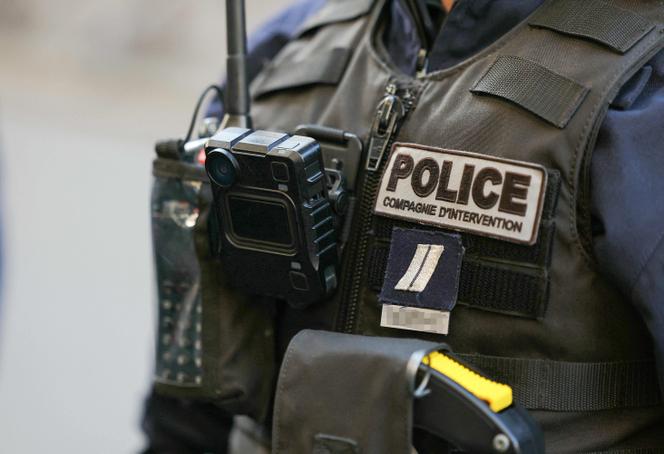


French police officers were urged to protest on Thursday, January 18, to press their claim for extra pay during this year's Paris Olympics, underlining the threat of strikes and disruption to the Games.
Aware of the risk to the country's image, French authorities are scrambling to agree pay deals with a host of public sector trade unions who are using the July 26-August 11 Olympics as leverage to secure bonuses for their members.
Several police unions urged officers to show "minimum activity" on Thursday and a protest was called for midday near the main police station in Paris, with other demonstrations planned by night-shift workers later. A first protest, called on January 10, saw police drive around Paris in an open-top bus, with a flag showing the Olympic rings as handcuffs.
"For an exceptional event, exceptional measures," the Alliance union wrote in a statement that explained how unions were demanding up to €2,000 ($2,200) for their members in compensation for lost holidays and extra work over the summer Games. Around 30,000 police officers are expected to be on duty during the Games which will take place at what is usually the peak of the summer holiday period in France.
Interior Minister Gérald Darmanin met police representatives on Monday and has a fund for the Games of around €500 million for the security forces, sources close to the negotiations told Agence France-Presse (AFP) on condition of anonymity.
France is banking on its first Olympics in 100 years to showcase the best of the country from the historic monuments of Paris to its role as a global center of food, fashion and sporting excellence. Organizers are desperate to avoid reinforcing France's reputation for violent street protests and industrial disputes. The country was shaken by the Yellow Vest anti-government protests in 2018, massive strikes against pension reform last year, as well as urban riots in June.
Pay negotiations are underway between French authorities and health workers, drivers for Paris metros, trains and buses, as well as municipal employees such as street cleaners. Holidays during the Games have been banned for many state employees, while extra weekend- and late-night work will be demanded for tens of thousands of them.
"It's being dealt with ministry-by-ministry, taking into account the status and requirements for each profession," Michel Cadot, who heads the government's Games coordination committee, told a Sénat hearing on Wednesday. "We are watching closely to ensure that it is all being dealt with through dialogue," Cadot added. He told the hearing that the overall budget for the Games remained unknown in part because the government could not anticipate how much it would need to spend in bonuses for public sector workers.
On Wednesday, the left-wing CGT union demonstrated in front of the headquarters of the Olympics organizing committee in northern Paris to denounce the government suspending the right to a weekend break during the Games for some workers. Unless the government reverses its decree, "we will launch high-impact operations during the Games. We'll go on strike wherever it is possible," said Amar Lagha, the head of the CGT's branch representing the private-sector service industry and retail workers.
The country's militant air traffic controllers declared a "truce" in September in their fight for higher pay until after the Olympics, leading to accusations from a former labor minister that the government had "paid a ransom" to avoid travel chaos.
